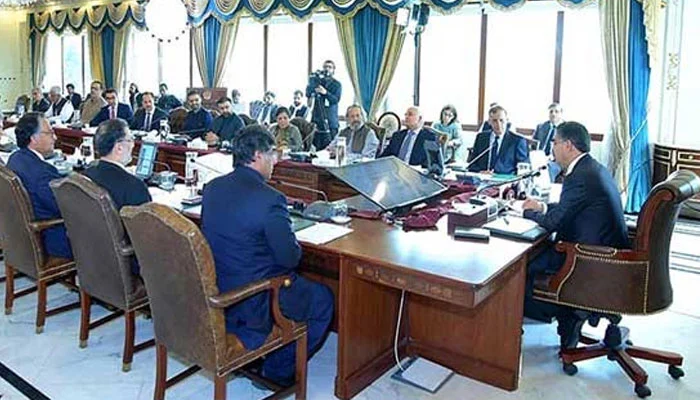A recent decision to close Bahawalpur Airport and transfer its operations, including staff, to other stations, particularly Multan, has sparked intense controversy and public outcry. Despite efforts by the Punjab governor’s office to resolve the matter, no solution has been reached, leaving the fate of Bahawalpur Airport in limbo.
The decision, communicated by Pakistan International Airlines (PIA) to the Punjab governor, asserts that the national carrier is facing financial challenges, and downsizing and closing smaller stations are necessary measures. PIA’s manager, Rana Wasim, indicated that a final decision had not been made yet and that clarity would emerge within a week.
The closure of Bahawalpur Airport, an international facility, has raised concerns about the impact on regional connectivity. Previously, Bahawalpur Airport operated international flights and served as a profitable station. However, due to downsizing efforts over the past five years, the station suffered a significant reduction in staff, leading to its current state.
In contrast, Multan Airport’s functional status has adversely affected Bahawalpur. A project initiated in 2017 aimed to connect Bahawalpur to Lahore, Islamabad, and Karachi, with approximately 28 flights per month initially. However, this was gradually reduced to only eight flights, all directed to Karachi, due to operational constraints.
PIA’s decision to privatize and downsize stations like Bahawalpur has broader implications. The closure of smaller stations not only affects regional connectivity but also impacts local businesses and communities. This decision has incited strong protests from various segments of society, including political, social, and religious circles, leading to a stark contrast between the government’s tourism initiatives for Bahawalpur and the airport’s potential closure.
The controversy underscores the delicate balance between economic viability and regional development. While PIA seeks financial stability, the closure of essential regional facilities raises questions about the government’s commitment to improving connectivity in smaller cities. The fate of Bahawalpur Airport has become a symbol of larger debates about infrastructure development, economic priorities, and the balance between national and regional interests.
As the public outcry continues and discussions between stakeholders persist, the situation highlights the need for comprehensive planning and a nuanced approach to regional development, ensuring that economic decisions do not compromise the connectivity and progress of smaller communities.



